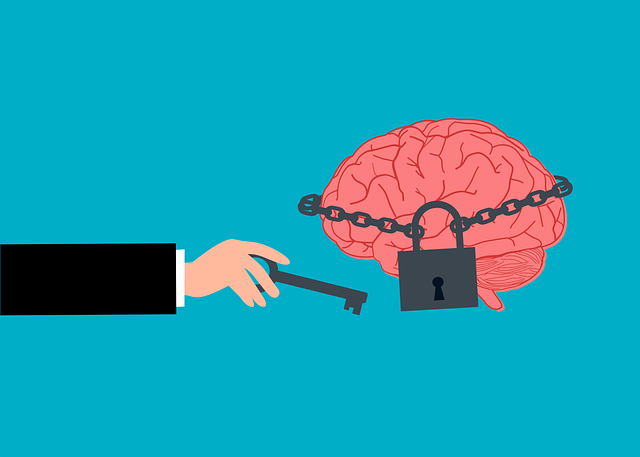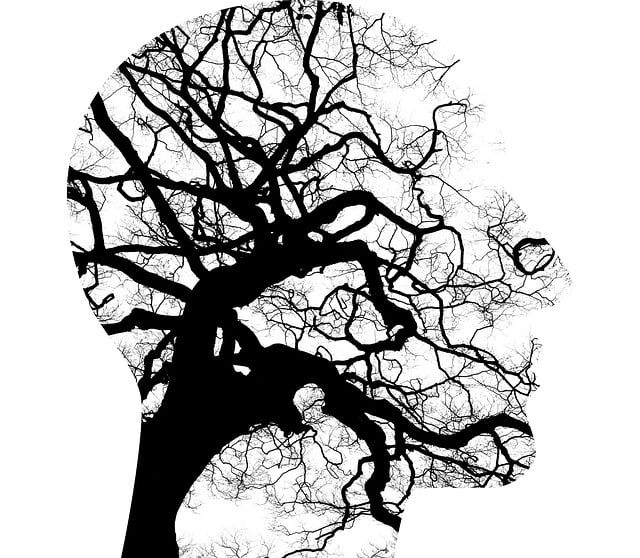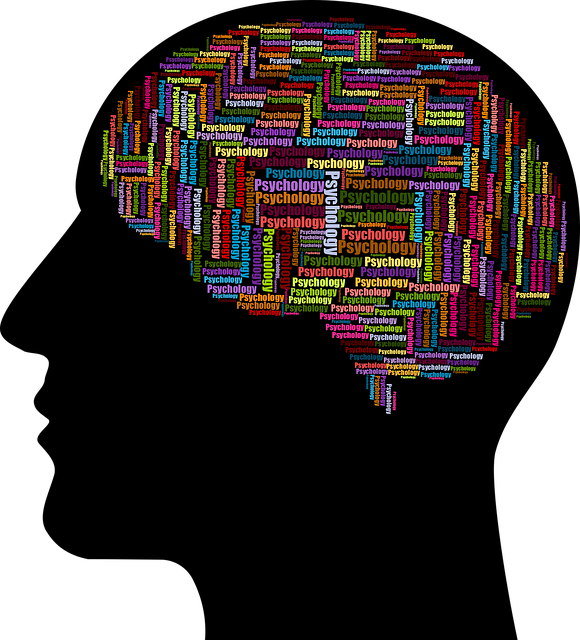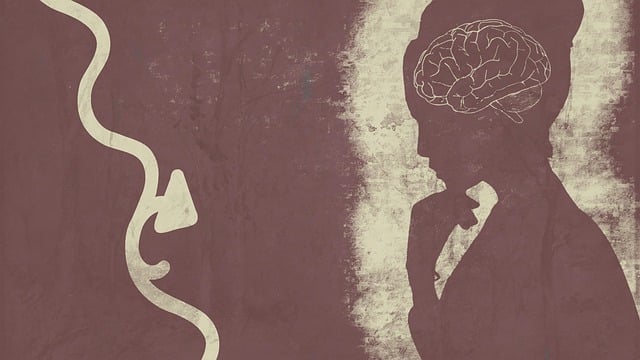The Mental Wellness Self-Assessment at Castle Rock Russian Speaking Therapy is a transformative tool that guides individuals through an internal exploration, revealing insights into their emotional well-being. By assessing aspects like emotional regulation and communication strategies, it empowers people to take charge of their mental health. This process involves regular self-reflection, tracking progress, identifying triggers, adopting coping mechanisms, and fostering resilience for a balanced life. Castle Rock's services in the Russian language break down barriers in diverse societies, increasing access to mental health resources. Their self-assessment tools, tailored to cultural needs, must evolve with user feedback, latest research, and strategies like Resilience Building and Mindfulness Meditation to remain effective and relevant.
Mental wellness self-assessment tools play a pivotal role in promoting personal growth and understanding. This article explores the development of comprehensive assessment mechanisms, highlighting the significance of cultural sensitivity, as exemplified by Castle Rock Russian Speaking Therapy. We’ll delve into key design components, feedback integration for user engagement, and continuous improvement strategies to meet evolving mental health needs. By combining evidence-based practices with cultural awareness, these tools empower individuals on their journey toward better mental wellness.
- Understanding Mental Wellness Self-Assessment: A Foundation for Personal Growth
- The Role of Castle Rock Russian Speaking Therapy in Cultural Sensitivity
- Designing Effective Tools: Key Components for Comprehensive Assessment
- Integrating Feedback Mechanisms: Encouraging User Engagement and Transparency
- Continuous Improvement: Adapting Tools to Meet Evolving Mental Health Needs
Understanding Mental Wellness Self-Assessment: A Foundation for Personal Growth

Mental Wellness Self-Assessment serves as a powerful tool for individuals to gain insights into their emotional well-being and cultivate personal growth. It’s akin to shining a light onto our internal landscape, revealing areas that may need nurturing and attention. By understanding one’s mental health status, people can take proactive steps towards managing stress, improving mood, and enhancing overall resilience.
This process, much like exploring the grounds of a Castle Rock Russian Speaking Therapy center, involves navigating through various aspects of life—from emotional regulation to communication strategies. It encourages self-reflection, fostering an environment conducive to mental health awareness and personal development. Through regular self-assessment, individuals can track their progress, identify triggers, and learn effective coping mechanisms, ultimately leading to a more balanced and fulfilling life.
The Role of Castle Rock Russian Speaking Therapy in Cultural Sensitivity

Castle Rock Russian Speaking Therapy plays a pivotal role in promoting cultural sensitivity within mental wellness self-assessment tools. In an increasingly diverse society, it’s essential to recognize and address the unique needs of various cultural backgrounds. This therapy approach ensures that assessment methods are inclusive and effective for individuals from Russian-speaking communities. By providing services in their native language, therapists foster a deeper sense of comfort and trust, encouraging open communication about mental health concerns.
The integration of Castle Rock Russian Speaking Therapy into mental health education programs design is a game-changer. It boosts confidence among culturally diverse populations, reducing barriers to seeking help. This specialized therapy not only enhances Mental Health Awareness but also empowers individuals to take control of their mental wellness journeys, ensuring that no one is left behind due to language or cultural differences.
Designing Effective Tools: Key Components for Comprehensive Assessment

Designing effective mental wellness self-assessment tools is a multifaceted process that requires careful consideration of various components to ensure comprehensive evaluation. These tools play a pivotal role in empowering individuals to take charge of their mental health and seek appropriate support. Key elements include clear and concise question formulation, covering a broad spectrum of emotional, cognitive, and behavioral aspects. Incorporating validated scales and measures ensures reliability and validity in the assessment process.
Additionally, providing a diverse range of assessment options tailored to different preferences and needs is vital. This could involve combining traditional questionnaires with interactive modules or visual assessments. For instance, Castle Rock Russian Speaking Therapy might integrate self-care practices and crisis intervention guidance within these tools to cater to the specific cultural and linguistic needs of their clientele. By doing so, they enhance accessibility and ensure sensitive and effective mental wellness evaluations.
Integrating Feedback Mechanisms: Encouraging User Engagement and Transparency

Integrating effective feedback mechanisms is vital for developing robust self-assessment tools tailored to mental wellness. These mechanisms play a pivotal role in encouraging user engagement and fostering transparency throughout the assessment process. By incorporating interactive features that provide users with real-time insights into their responses, such tools can enhance self-awareness and promote active participation. This approach aligns perfectly with the Mind Over Matter principles, emphasizing the power of individual agency in managing mental health effectively.
At Castle Rock Russian Speaking Therapy, we recognize that emotional regulation is a key component of overall wellness. Therefore, our self-assessment tools are designed to facilitate open communication by offering constructive feedback and personalized recommendations. This not only aids users in identifying areas for improvement but also equips them with the necessary coping strategies. Such an inclusive process helps mental health professionals conduct comprehensive risk assessments, ensuring that any potential issues are addressed early on.
Continuous Improvement: Adapting Tools to Meet Evolving Mental Health Needs

In today’s dynamic landscape of mental wellness, continuous improvement is paramount to ensuring that self-assessment tools remain effective and relevant. Just as Castle Rock Russian Speaking Therapy adapts its services to cater to diverse cultural needs, so too should mental health assessment tools evolve to address emerging challenges. This iterative process involves regularly gathering feedback from users, integrating the latest research findings, and incorporating innovative strategies such as Resilience Building, Mindfulness Meditation, and Empathy Building Techniques. By doing so, these tools can adapt not only to individual needs but also to societal trends and changes in mental health discourse.
Such adaptability ensures that self-assessment tools remain a robust support system for those seeking to enhance their mental wellness. As the field of mental health continues to evolve, so too must the tools designed to facilitate growth and healing. This continuous improvement approach not only improves accuracy but also makes these resources more accessible and beneficial for a broader range of users.
The development of mental wellness self-assessment tools, as highlighted in this article, is a multifaceted process that requires cultural sensitivity, comprehensive design, and continuous improvement. Integrating strategies like those offered by Castle Rock Russian Speaking Therapy ensures these tools are accessible and effective for diverse populations. By understanding the key components, incorporating feedback mechanisms, and adapting to evolving needs, we can create valuable resources for personal growth and enhanced mental health support.














